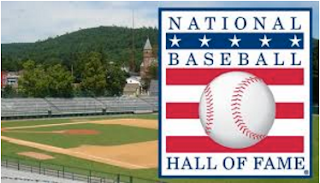
Faithless Elector, and its sequel, Dark Network are stories about courage, duty, fidelity and a belief in ideology: and what happens when those qualities and ideologies collide.The Electoral College vote has passed (Dec. 19)--not without incident or intrigue--and although the specific events described in my novel, Faithless Elector, did not happen, the fact is they could have happened. Faithless Elector is a work of fiction, after all, not a prediction. The events described in the novel would throw the nation into chaos, precisely what the protagonists risk their lives to prevent.
 |
| Dark Network, draft cover |
In Faithless Elector, a small, deadly efficient conspiracy seeks to overturn the result of a close election by getting a number of Electors to switch their votes, to become "faithless electors." The conspirators operate in the shadows, but they seem to be everywhere.
In Dark Network, it becomes clear that the conspirators are still trying to influence the outcome. The protagonist, FBI Agent Imogen Trager, must fight against time, a sinister network clinging to life and hope--even her own colleagues--to find out who is still trying to steal the election and stop them. There is barely one month until the inauguration...
In both books, each group of actors--the conspirators and the protagonists--believe they are doing the right thing. The protagonists must ask themselves how far they are prepared to go in defense of their principles before they have abandoned them all along the way.
Publishers Weekly calls a “fast-moving topical thriller.” Its “surprising twists add up to a highly suspenseful read.” The sequel, Dark Network, is coming soon.
Faithless Elector, by James McCrone is available through Amazon.
If you live in Philadelphia, pick up a copy at Head House Books -or- Penn Book Center
If you live in Philadelphia, pick up a copy at Head House Books -or- Penn Book Center
 James McCrone is the author of
James McCrone is the author of 
























